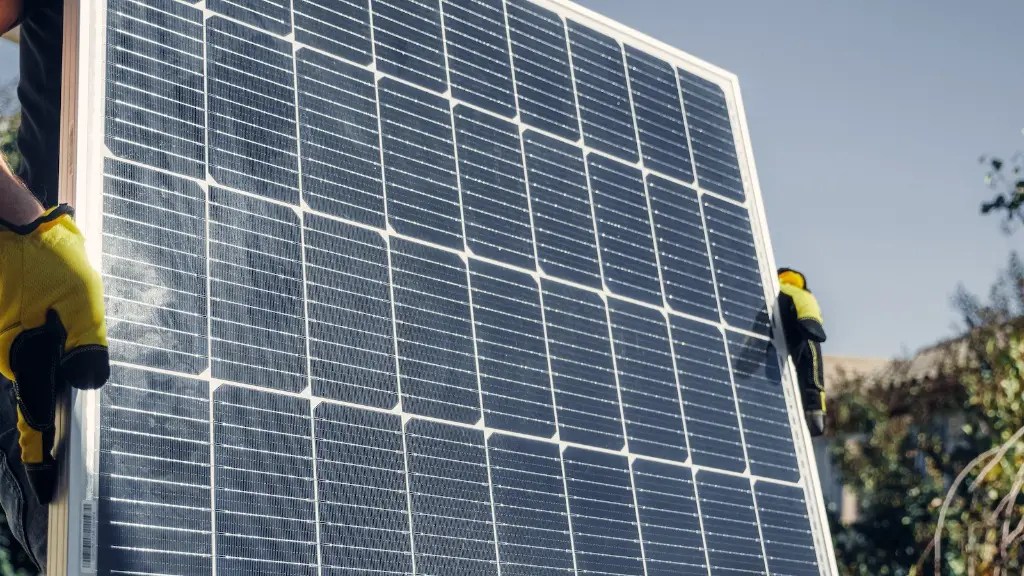The issue of global warming, and its relationship to the greenhouse effect, is one of the most pressing environmental concerns facing the world today.While most people are aware of the general terms and understand the underlying implications, finding tangible solutions and effectively addressing the problem remain a great challenge. This article will discuss the key aspects that add to both the greenhouse effect and global warming, exploring the positives and negatives of each so as to better understand the situation and provide a framework for combatting the issues.
To begin, it is essential to have a comprehensive understanding of the role of the greenhouse effect, which is defined as the trapping of heat and energy from the Sun and other sources on the Earth’s surface. This process is caused by the presence of certain gases in the atmosphere, such as water vapor, carbon dioxide, methane, and nitrous oxide, which absorb and re-emit the energy in a cyclical pattern. Over time, this has caused the Earth’s climate to become increasingly warmer and more consistent.
The contribution of human activity to the greenhouse effect, and thus global warming, is well-documented. As emissions of carbon dioxide and other greenhouse gases continue to increase, much of the Sun’s energy is becoming trapped in the atmosphere and unable to escape into space. As a result, temperatures around the world have been steadily rising and climate patterns have been significantly altered. This is due to a variety of activities including burning fossil fuels for energy and transportation, cutting down forests for agricultural purposes, and utilizing certain industrial processes that require large amounts of energy. All of these practices produce pollutants and pollutants-containing particles, such the Carbon Dioxide and Sulfur Dioxide, which alter the Earth’s atmosphere.
There are also other factors that can contribute to global warming, such as natural processes. Volcanic eruptions, for example, have a significant impact on both the temperature and composition of the atmosphere. The gases and particles released during an eruption can remain in the atmosphere for months or even years, leading to an increase in global temperatures and an alteration of climate patterns. Additionally, changes in the Earth’s orbit, known as Milankovitch cycles, can increase the amount of energy retained by the atmosphere, causing temperatures to rise.
In addition to addressing the factors contributing to the greenhouse effect and global warming, steps must be taken to limit the effects of these increases in temperature. One of the most important actions to reduce the impact of global warming is to reduce emissions of greenhouse gases by utilizing renewable energy sources and developing more efficient energy systems. Other efforts have included increasing energy efficiency regulations, developing sustainable agricultural practices, eliminating deforestation, and devising methods for carbon storage and sequestration. Moreover, steps should be taken to protect fragile ecosystems, such as coral reefs and coastal areas, from the worst impacts of climate change.
It is clear from this discussion that both the greenhouse effect and global warming are complex issues that must be addressed in order to protect the planet from the worst impacts of climate change. While there are both natural and human-caused factors that contribute to these phenomena, there are also a number of steps that can be taken to mitigate the effects. From utilizing renewable energy sources to protecting vulnerable ecosystems, the solutions available to us are many. The key is to make progress now so that future generations can enjoy the same level of environmental protection and prosperity that we enjoy today.

